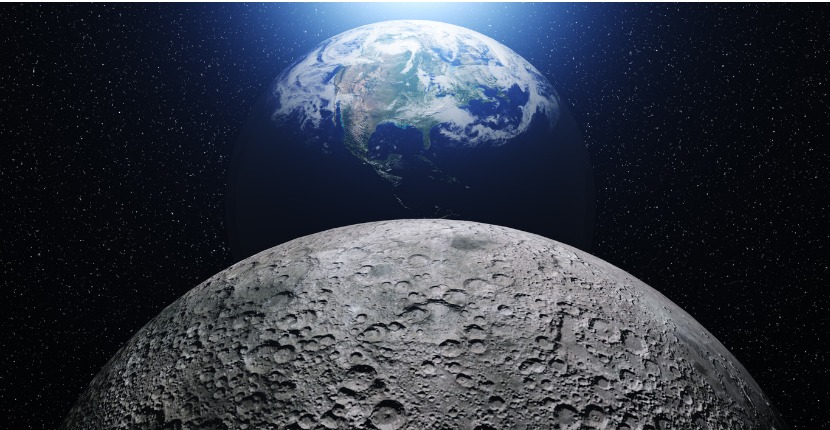The Apollo 11 recordings are back in the news. Over 40 years ago, Gary George bought a huge number of videotapes for $218 from a U.S. government surplus auction. He planned to sell them to television stations to record over, a common practice at the time, and turn a profit. But what George didn’t know was that among the tapes he just bought were NASA’s only surviving original recordings of the first landing on the Moon in 1969.
Once he learned what they were, George hung on to those two-and-a-half hours worth of footage, and it seems to have been a smart move. In July 2019, the Moon walk recordings will go up for auction at Sotheby’s. The three reels of tape from NASA are estimated to sell for between $1 million and $2 million. It’s a special auction dedicated to space exploration in celebration of Apollo 11’s 50th anniversary.
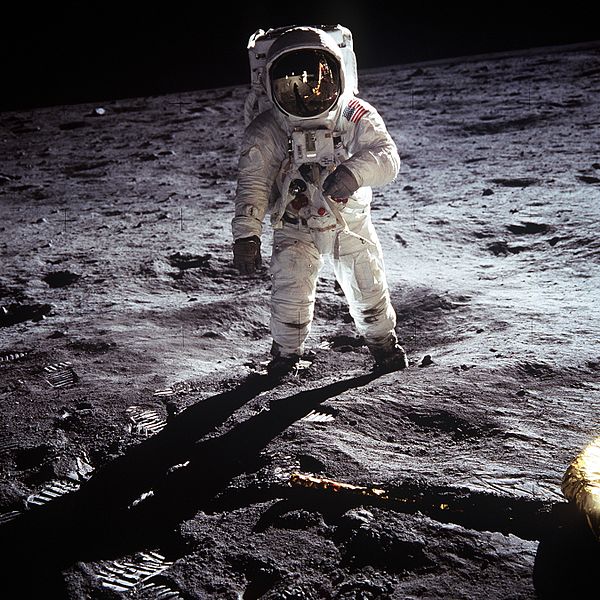
The unrestored, unenhanced, and unremastered tapes capture Neil Armstrong’s famous words “That’s one small step for man, one giant leap for mankind,” footage of Buzz Aldrin walking in minimal lunar gravity, the planting of the American flag, and the crew’s call with Richard Nixon.
There are some strange aspects to this story. For one thing, George was a NASA intern at the time of the auction. He said now it was his father who told him that the three tapes of moon-walk footage might be valuable some day.
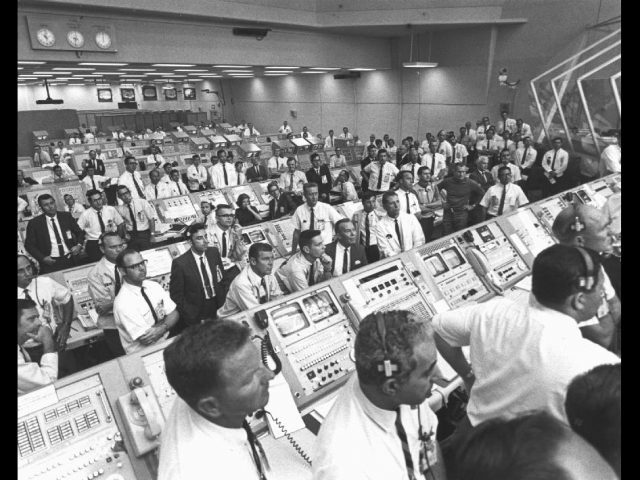
For another, it seems unlikely that NASA wouldn’t have any original video footage of the Moon landing. But in 2006, NASA admitted that they could not find the original video recordings of the landing. Two years later, when George was reportedly on holiday with a friend who worked at NASA, he found out the agency was looking for them in anticipation of the 40th anniversary of the first manned moon landing.
“Quite frankly, I was sitting at the table drinking a beer and I said, ‘Well, damn, I have those,’” George told Reuters.
George, now 65, a retired mechanical engineer from Las Vegas told Reuters that with the original tapes he bought at auction, “I was selling them to TV stations just to record over.” George thinks he sold eight reels to television stations for $50 each.
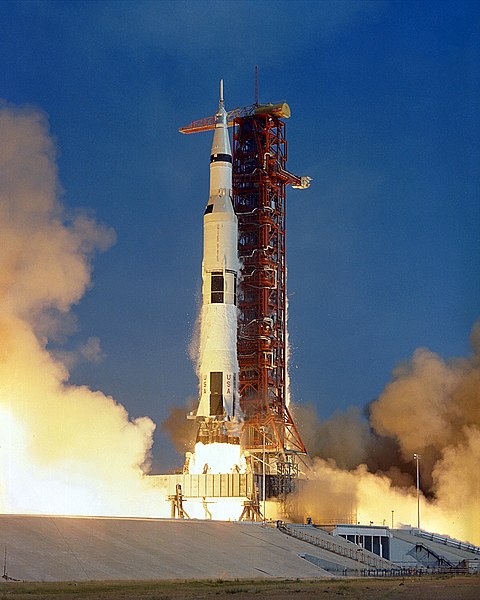
NASA’s explanation for losing the Apollo 11 recordings was everyone was just preoccupied with “live TV” and no one thought they would have been of interest later. However, those who believe the moon walk was a hoax find such disregard of historically important footage stretches belief. The videotapes surfacing years later from a former NASA intern is not convincing to them.
George said after coming forward he did not have the equipment to watch the tapes all these years later, but after he started communicating with NASA about handing them over he was able to see the footage for the first time in a special studio in California, according to The Guardian.
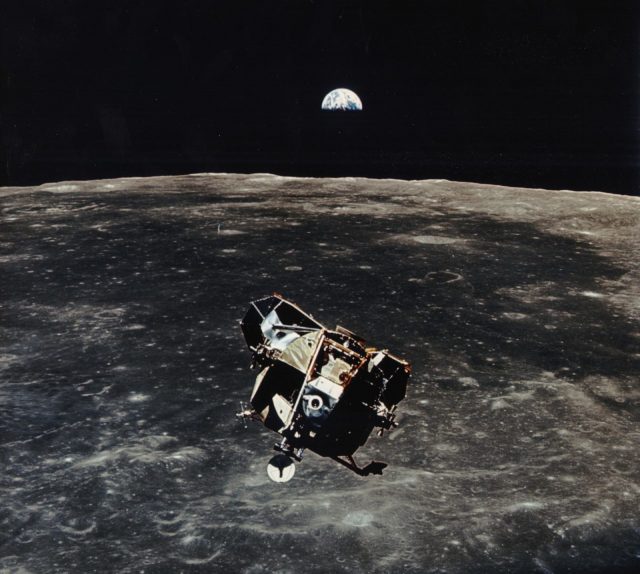
The Apollo 11 recordings are higher-definition than what was transmitted to TV sets across America, as the relay of footage from the NASA control center in Houston, Texas, to New York television networks caused the image quality to deteriorate, said ArtNews. The tapes going to auction were recorded on 2-inch Quadruplex videotapes, and they have only been viewed a handful of times.
Collectors pay large sums for space exploration artifacts. In 2017, Sotheby’s sold a zippered bag stamped with the words “Lunar Sample Return” laced with moon dust which was used by Armstrong on that 1969 mission, for $1.8 million.
Cassandra Hatton, Sotheby’s vice president and senior specialist in the books and manuscripts department, said in a statement, “From neighbors gathered around a television set to the cosmonauts in Star City and the astronauts and engineers in Houston, this was a unique event in history that people from all walks remember with excitement and positivity. And what we universally recall about that event is best documented on these tapes—a glorious moment that united the people of earth in peace, as witnesses to mankind’s greatest achievement.”
